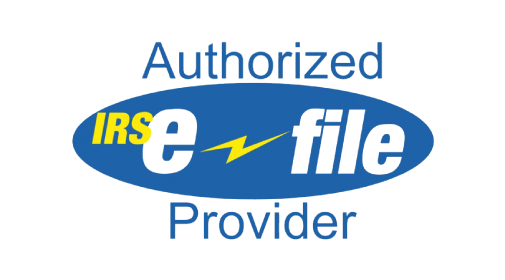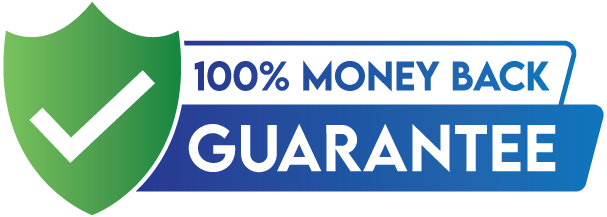Vermont Estate EIN / Federal Tax ID Filing.
Fully Compliant & Same Day Filing
Trusted by Business Owners
Apply for your Estate EIN number in Vermont quickly with eBusinessDocs. As an IRS authorized e-file provider, eBusinessDocs offers a secure, professional platform to obtain your EIN in just five minutes. Start your business right with fast, accurate, and dependable online filing services trusted by entrepreneurs for banking, payroll, and more.
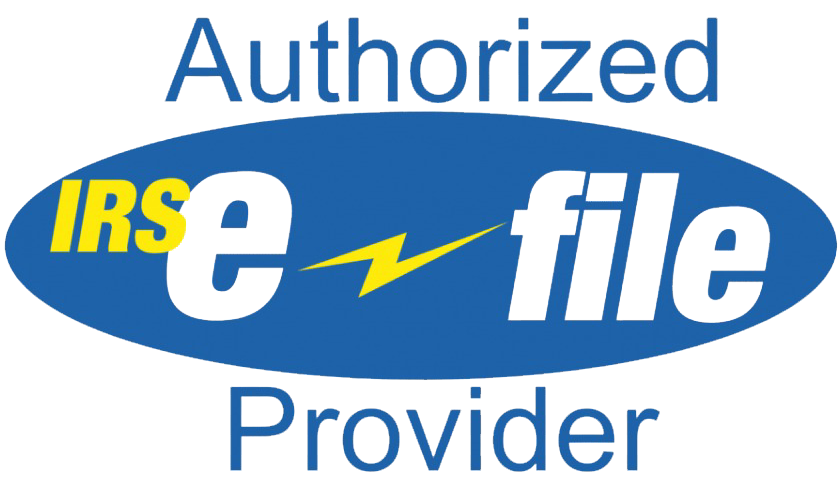
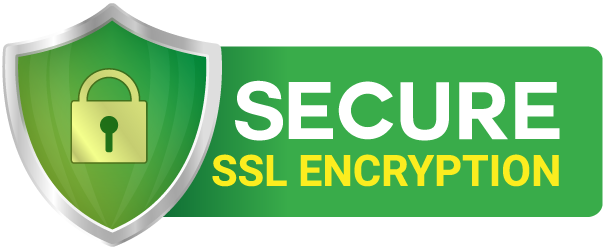
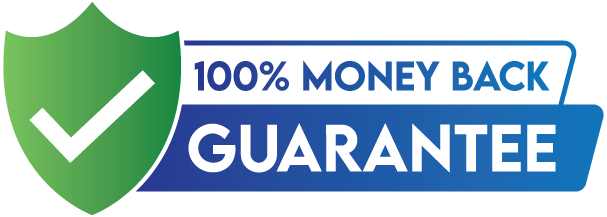

How it Works in 3 Easy Steps
At eBusinessDocs, we simplify your filing process with speed and accuracy. As an IRS-authorized e-file provider, we ask a few simple questions to collect your information, prepare all necessary paperwork, and submit your filing upon approval. Most filings, including EIN setup, are completed efficiently—often within the same business day.

Why Does My Estate Need an Employer Identification Number?
A Federal Employer Identification Number (EIN), also known as a federal tax ID, is issued by the IRS to identify a business for tax purposes. It is required for opening a business bank account, filing tax returns, hiring employees, and other legal activities. eBusinessDocs, an IRS-authorized e-file provider, offers reliable, fast, and accurate EIN filing services.
Introduction
When a loved one passes away, managing their estate involves numerous legal and financial responsibilities. One key requirement for any estate in Vermont is obtaining an Employer Identification Number (EIN) from the Internal Revenue Service (IRS). This unique identifier serves as the estate’s tax identification number and is essential for properly handling the financial affairs of the deceased individual. Understanding the reasons an estate needs an EIN can help executors ensure compliance and avoid delays in settling the estate.
Reasons an Estate in Vermont Needs an EIN
First and foremost, an EIN is necessary for filing the estate’s income tax returns. During the probate process, the estate itself becomes a separate taxable entity, distinct from the deceased person and the beneficiaries. Any income the estate earns—such as interest, dividends, or rental income—must be reported using the EIN. In addition, an EIN is required to open an estate bank account in Vermont, which allows executors to manage estate funds, pay debts, and distribute assets efficiently. Without an EIN, financial institutions will not permit such transactions.
Moreover, if the estate employs individuals for property maintenance or other services, federal tax regulations mandate the use of an EIN for payroll reporting. The number also ensures proper recordkeeping when corresponding with the IRS and other government agencies. By securing an EIN early in the process, executors can streamline financial management and compliance tasks, reducing administrative burdens.
Conclusion
In summary, an EIN is vital for administering an estate in Vermont. From tax reporting to banking and payroll obligations, the number provides a foundation for legal and financial operations. Utilizing a reliable and IRS-authorized e-file provider such as eBusinessDocs ensures the EIN application process is fast, accurate, and fully compliant with IRS requirements.
Our Reviews
Fast, easy & simple
Using eBusinessDocs was fast, easy & simple compared to filing on my own. I wasn’t sure what form to use, what I needed to fill but this made it so much easier. Plus they review the document and make sure everything is filled out. I got my EIN the next morning!
– Ashley M., S-Corporation
Highly Recommend
I wasn’t sure how to file for my EIN for my C-Corp. I wasn’t sure if I was filling out the form correctly and completely. eBusinessDocs really made it easy for me and I love that they prepare the form and review before submitting it to the IRS. I’m so happy I got my EIN with eBusinessDocs. I highly recommend them and their expedited EIN service.
– Fred R., C-Corporation



